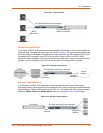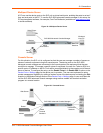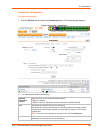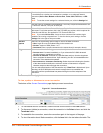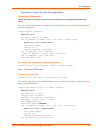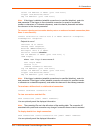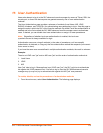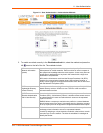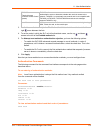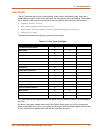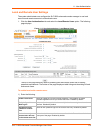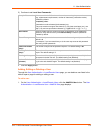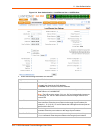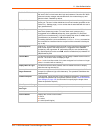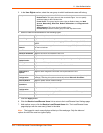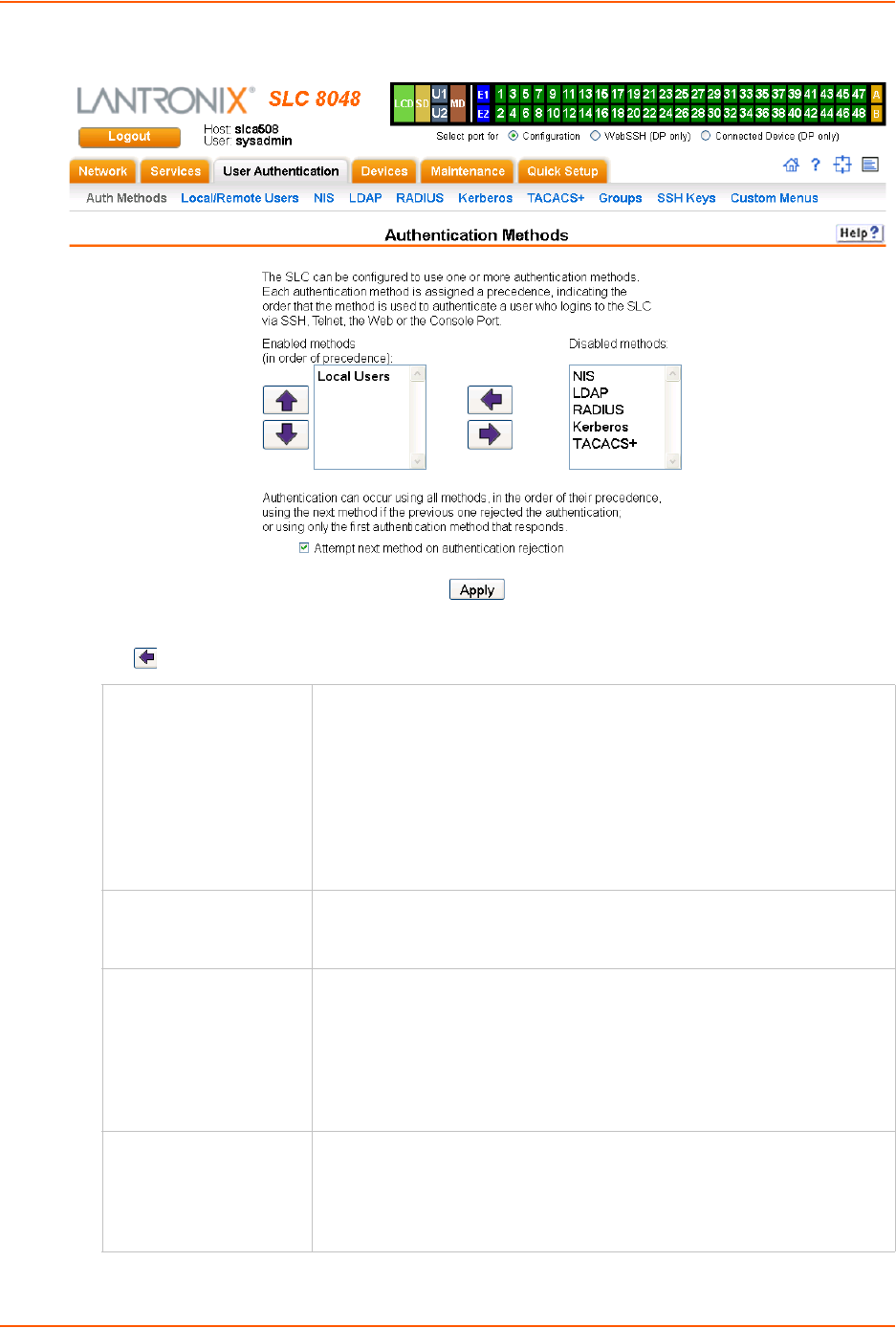
11: User Authentication
SLC™ 8000 Advanced Console Manager User Guide 175
Figure 11-1 User Authentication > Authentication Methods
2. To enable a method currently in the Disabled methods list, select the method and press the
left arrow to the left of the list. The methods include:
NIS
(Network Information
System)
A network naming and administration system developed by Sun
Microsystems for smaller networks. Each host client or server computer in
the system has knowledge about the entire system. A user at any host can
access files or applications on any host in the network with a single user
identification and password.
NIS uses the client/server model and the Remote Procedure Call (RPC)
interface for communication between hosts. NIS consists of a server, a
library of client programs, and some administrative tools. NIS is often used
with the Network File System (NFS).
LDAP
(Lightweight Directory
Access Protocol)
A set of protocols for accessing information directories, specifically X.500-
based directory services. LDAP runs over TCP/IP or other connection-
oriented transfer services.
RADIUS
(Remote Authentication
Dial-In User Service)
An authentication and accounting system used by many Internet Service
Providers (ISPs). A client/server protocol, it enables remote access servers
to authenticate dial-in users and authorize their access to the requested
system or service.
RADIUS allows a company to maintain user profiles in a central database
that all remote servers can share. It increases security, allowing a company
to set up a policy that can be applied at a single administered network point.
Kerberos Kerberos is a network authentication protocol that enables two parties to
exchange private information across an unprotected network.
It works by assigning a unique electronic credential, called a ticket, to each
user who logs on to the network. The ticket is embedded in messages to
identify the sender.



